Buddha – Buddhism and Unarius
Please watch video below about Buddha’s life and then listen to the Moderator’s dissertation on karma which pertains to the Higher Spiritual values in attaining a more expanded approach to your life. Please comment below on your analysis of these concepts from both set of ideas. Hopefully, many students will continue the discussion!
Question: From the video below, does Dr. Norman advocate Concentration, Meditation or Prayer? And what did Siddhartha ultimately learn?
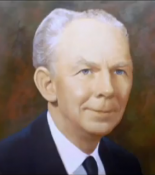 Dr. Norman discusses karma and the method to emancipate ourselves from the continued recycling of our past.
Dr. Norman discusses karma and the method to emancipate ourselves from the continued recycling of our past.Tagged with: Voice of Elysium




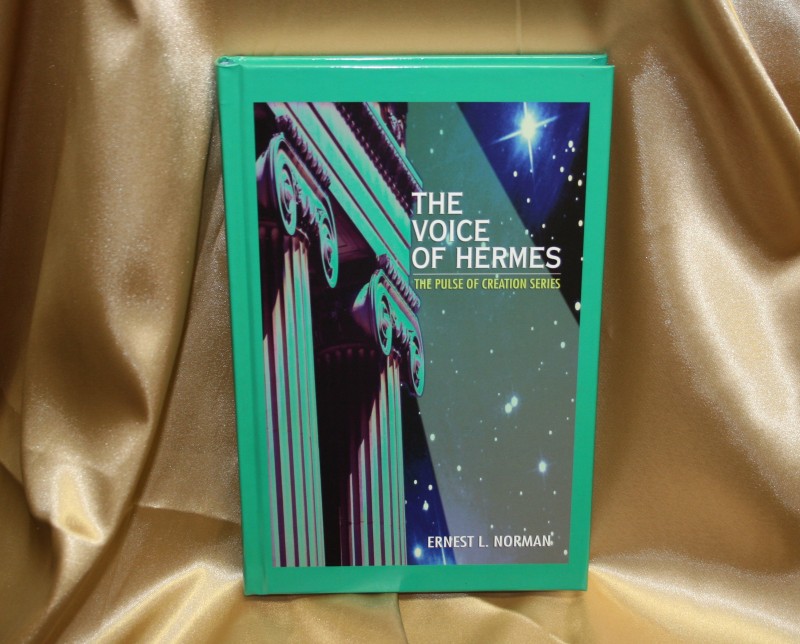
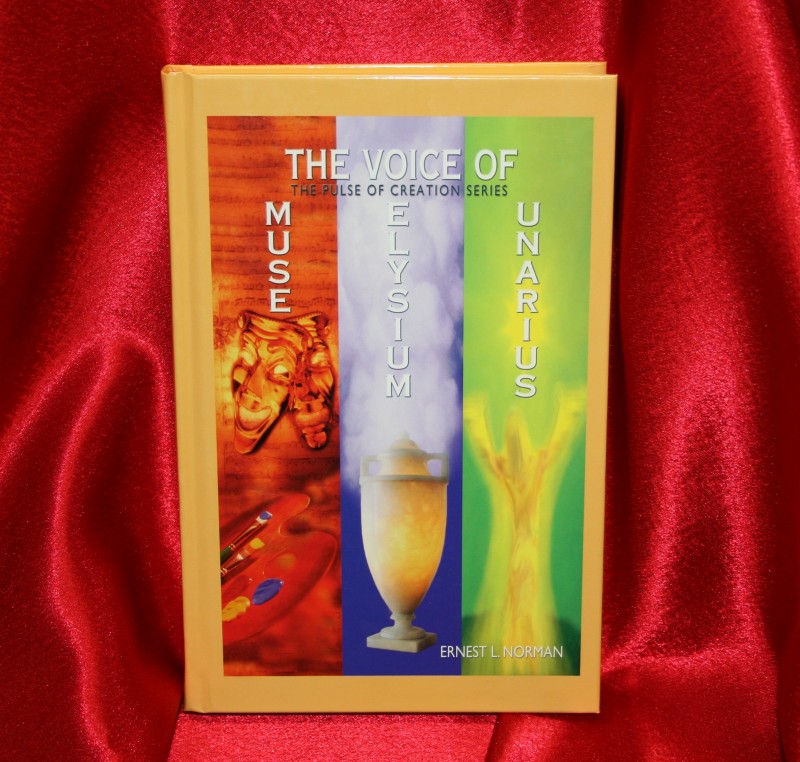
















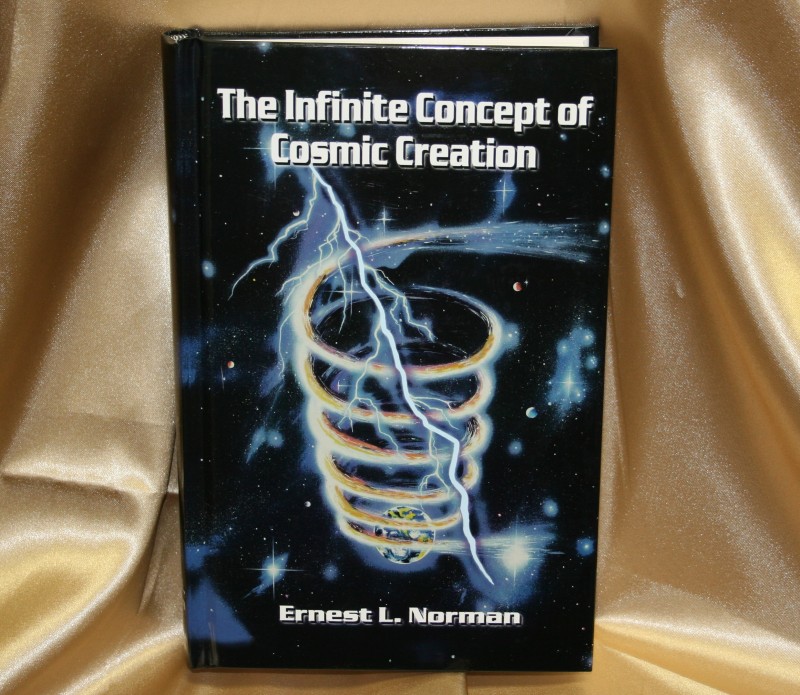
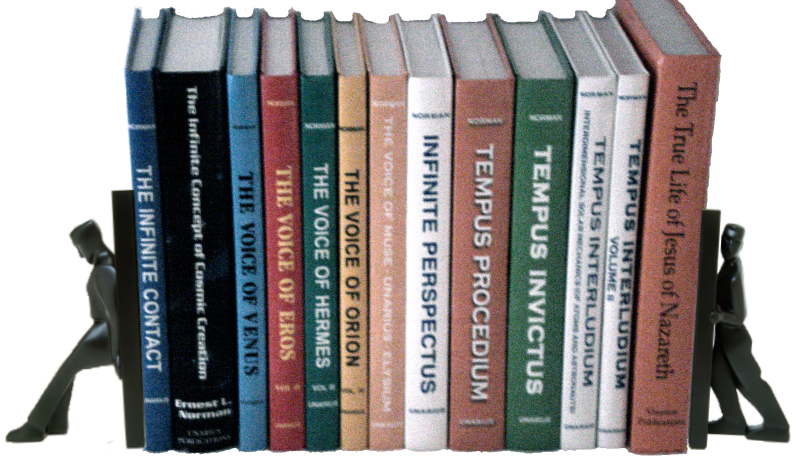
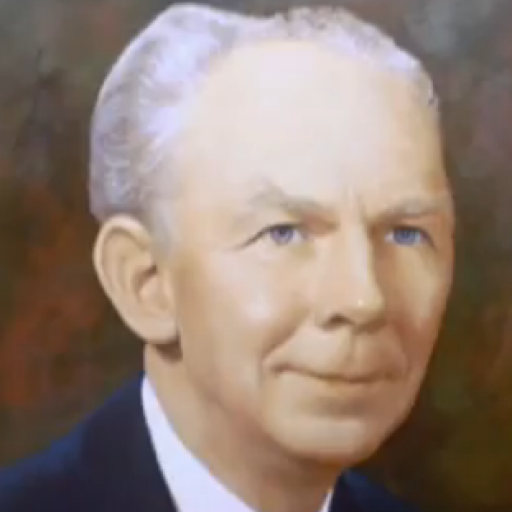

Dr. Norman has never advocated Concentration, Meditation, or Prayer in attaining ‘Nirvana’. Nor does He advocate Beds of Nails, Celibacy, Fasting or Self Flagellation in attaining a Progressive Evolution. (Thankfully, I’ll take Him at His word there:)) What He does agree with, I feel, is what Buddha learned called the ‘Middle Road’ to Enlightenment. This would be the balanced approach of seeing the Infinite aspect (positive and negative energy polarity) of all things. The ultimate frequency enhancement of this process increases Wisdom, Peace of Mind, produces Love, Understanding, Joy, Compassion, etc. and escape from Buddhism’s Wheel of Karma or Cycle of Rebirth.
It is interesting that this life of Gautama Buddha was an incarnation of Uriel, and that His Mission and Teachings were made known and carried forward many years later by India’s King Asoka, yet another incarnation of Uriel.
Dr. Norman did not refer to either in the recording; he stated that we should become an entity of consciousness–have knowledge of the Principles of the Science of our existence. Unarius teaches that mind concentration achieves nothing; we must give freely of ourselves (surrender to the Superconscious) and that prayer, contrary to progressive evolution, gives power to something other than the self. While meditation can be relaxing, it does not give us access to the direct knowledge needed for constructive evolution.
Buddha learned, ultimately, that pain and suffering cannot be avoided; we have to live with each other, not in isolation, as ordinary humans and find the joy within. He learned that everything is connected